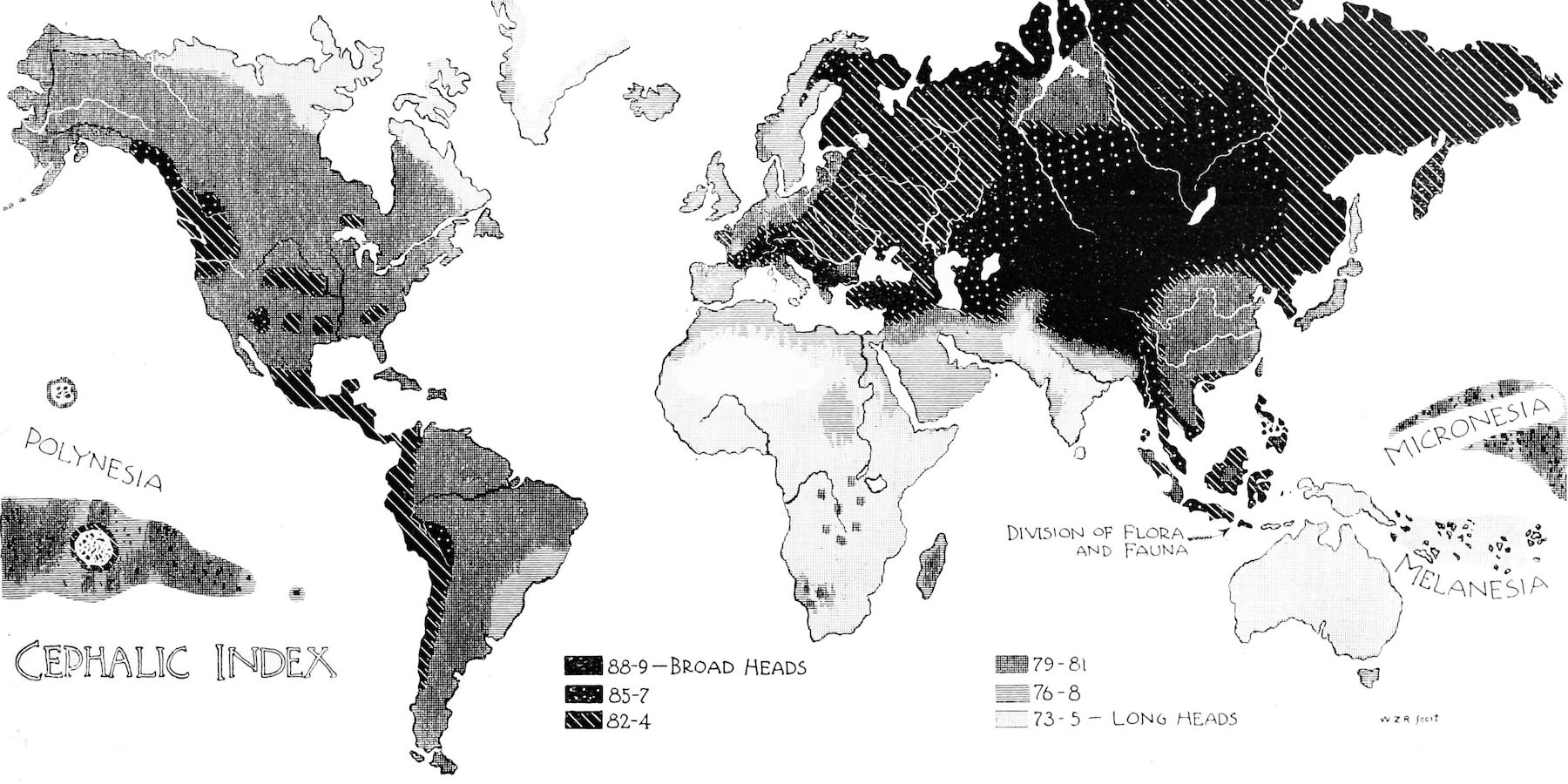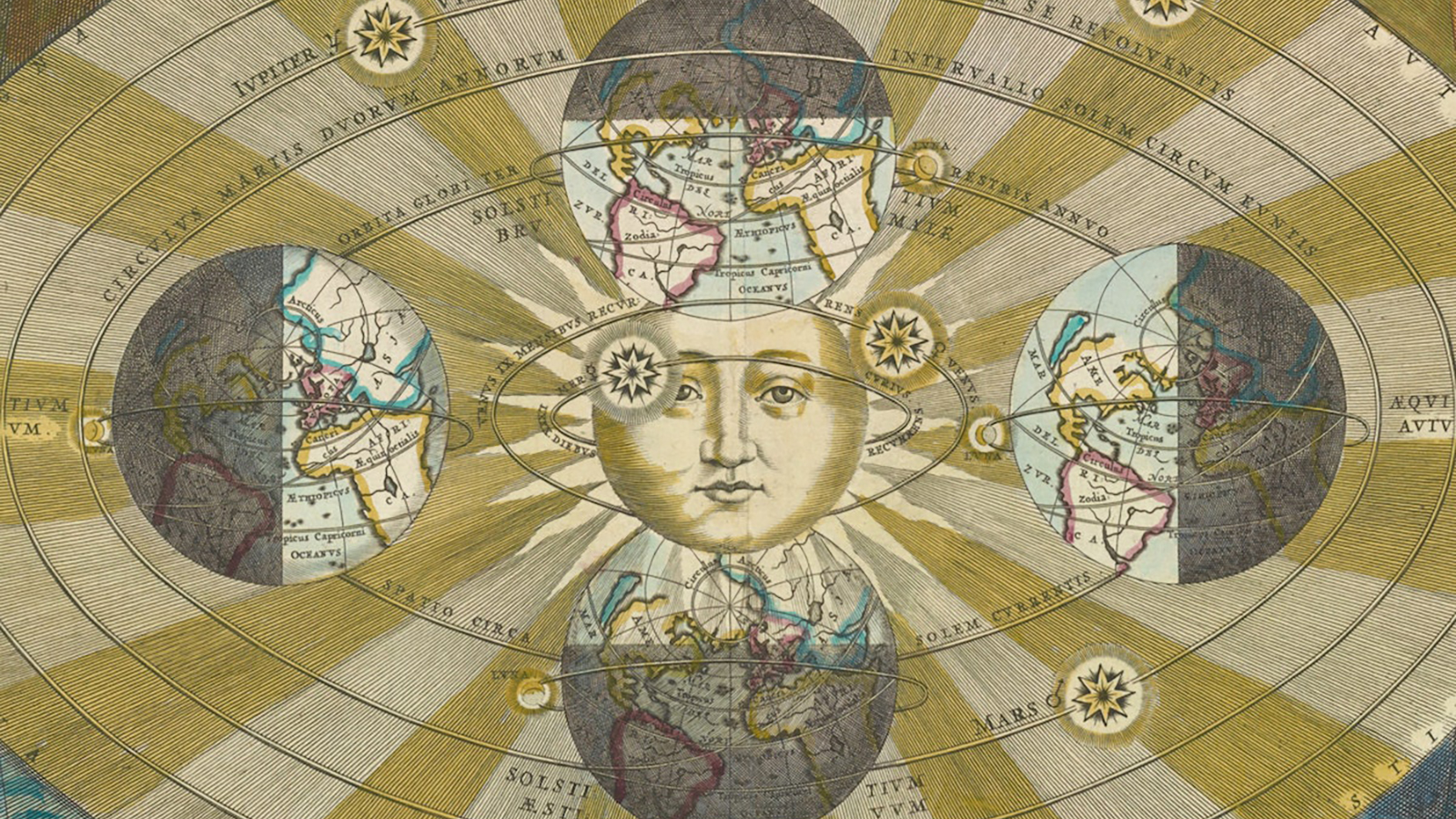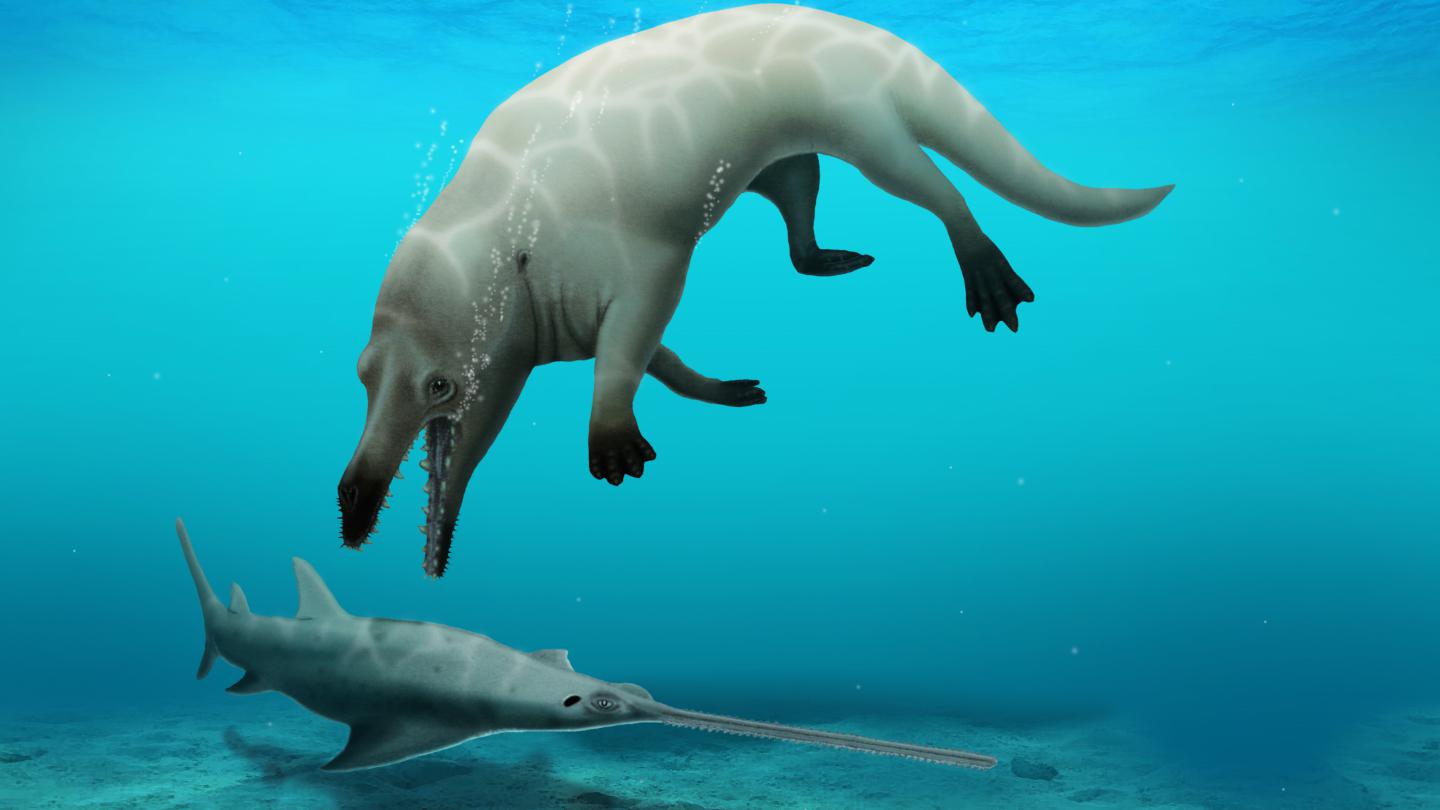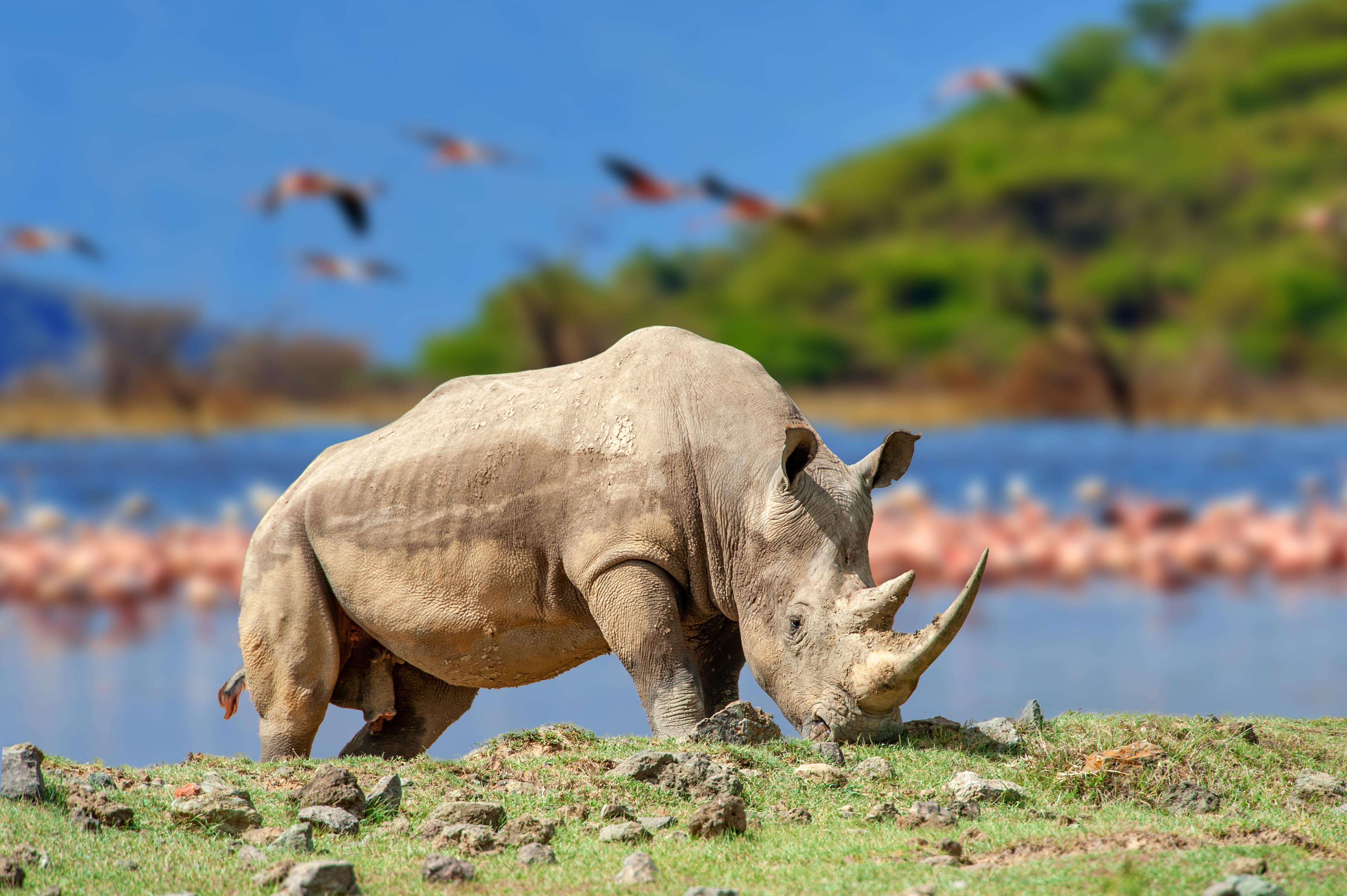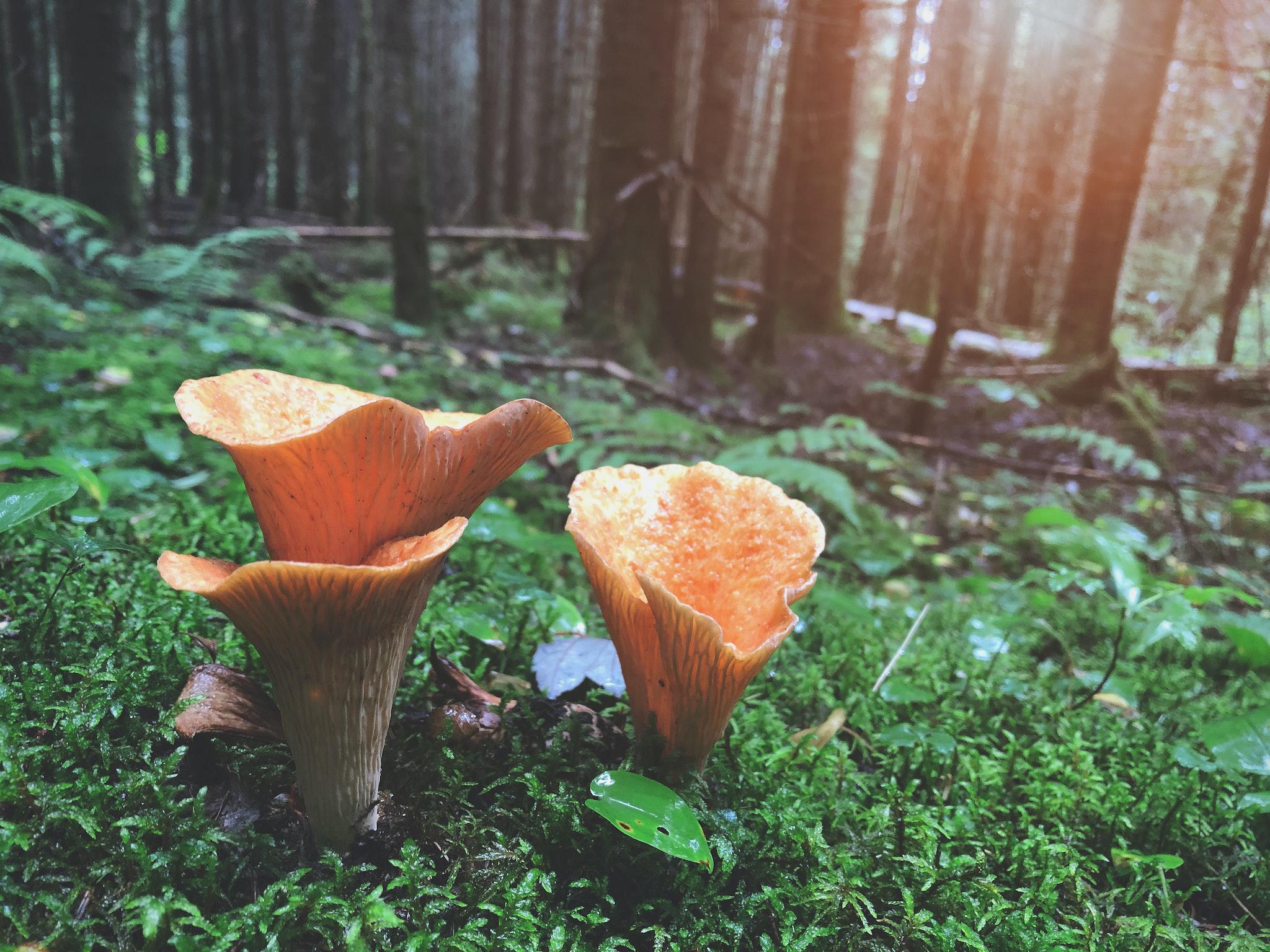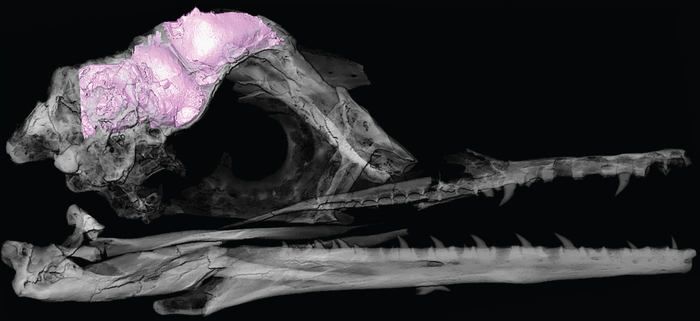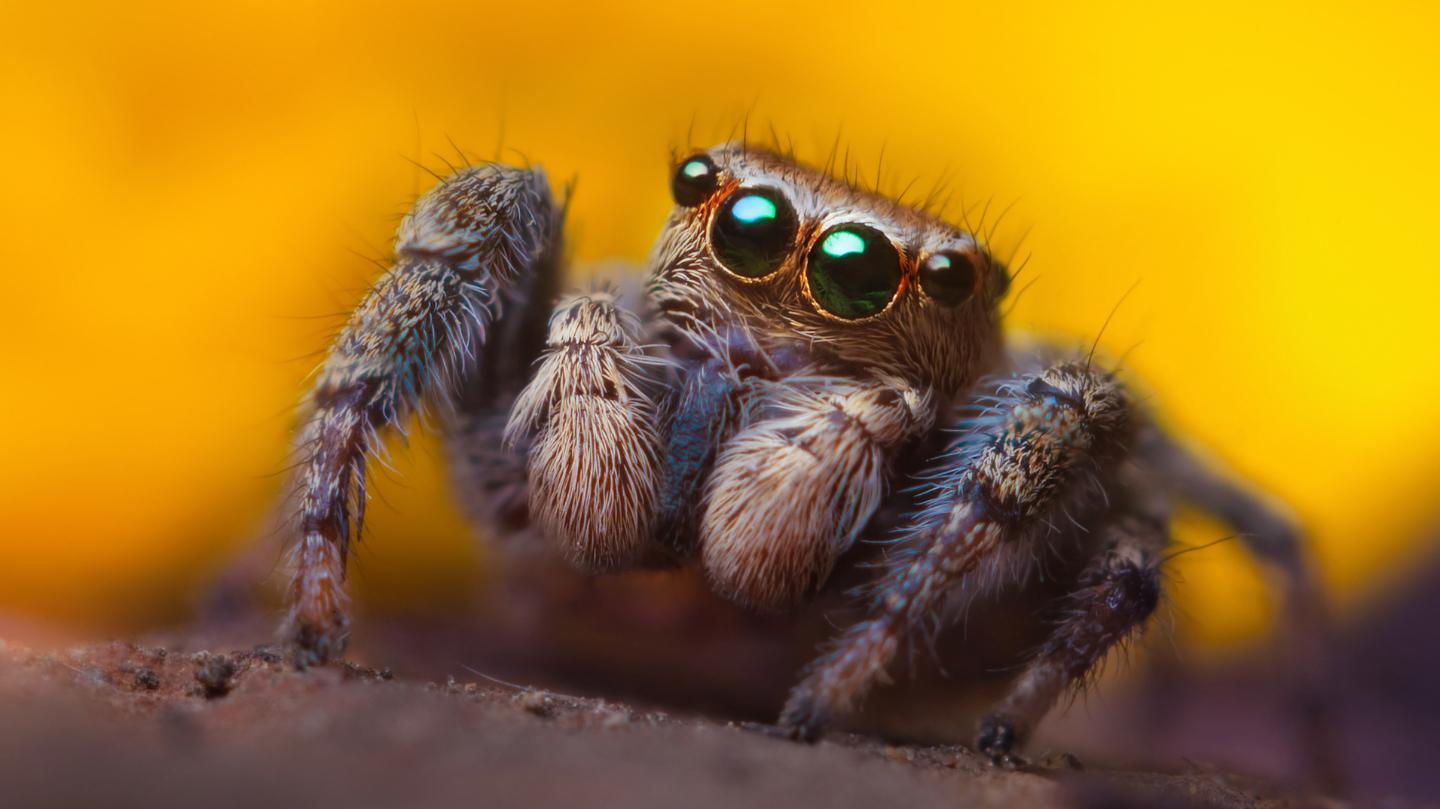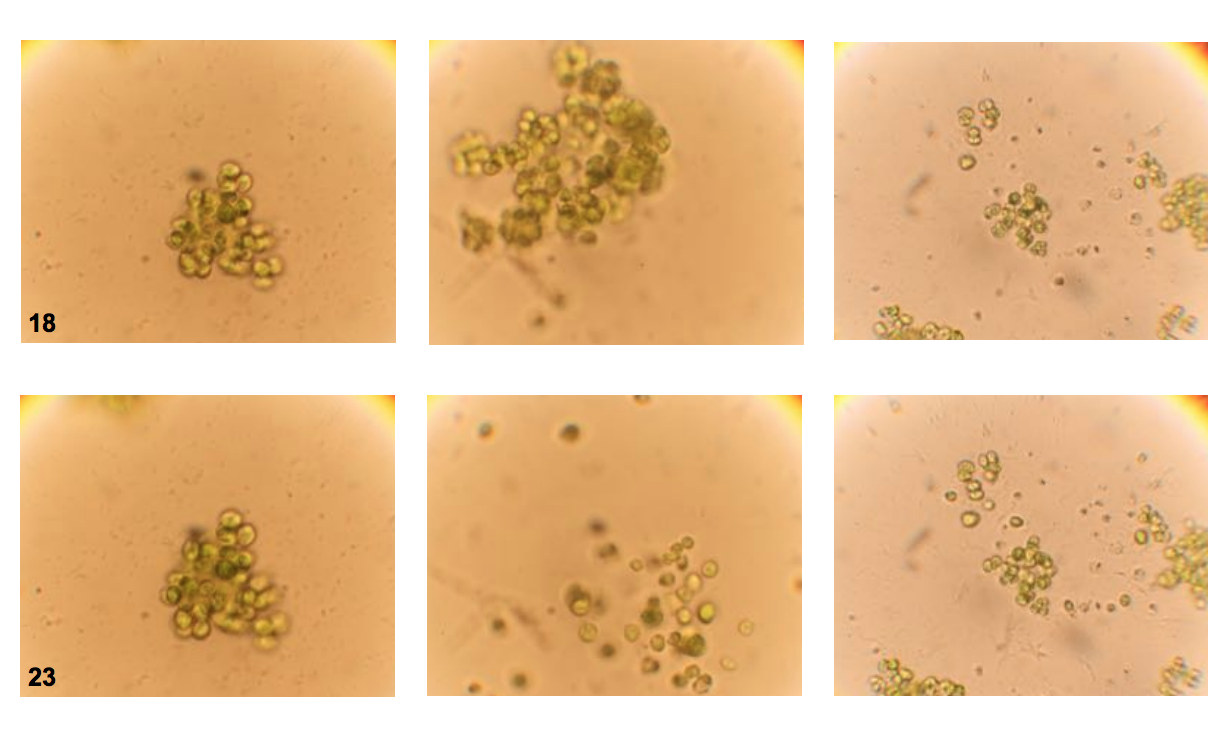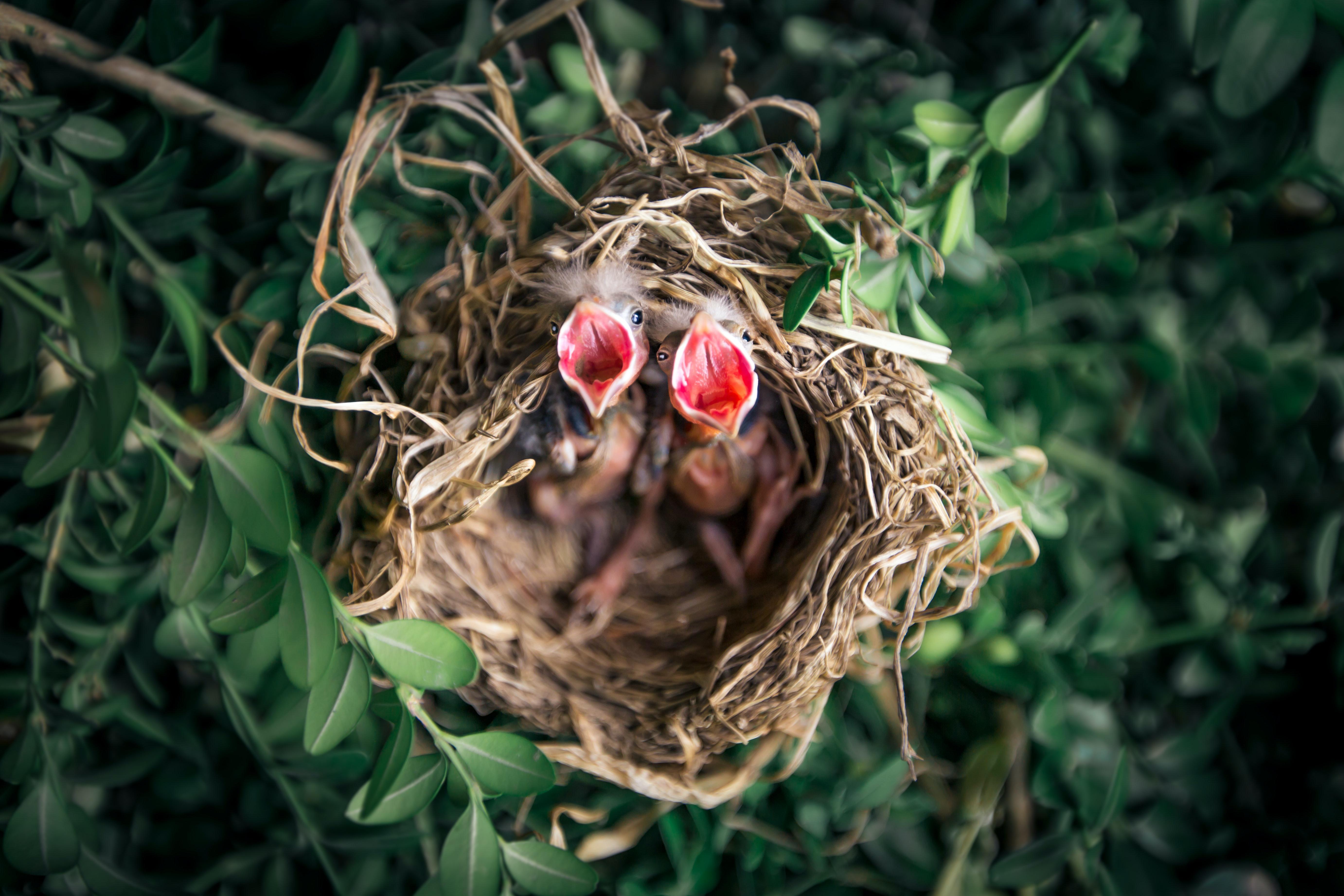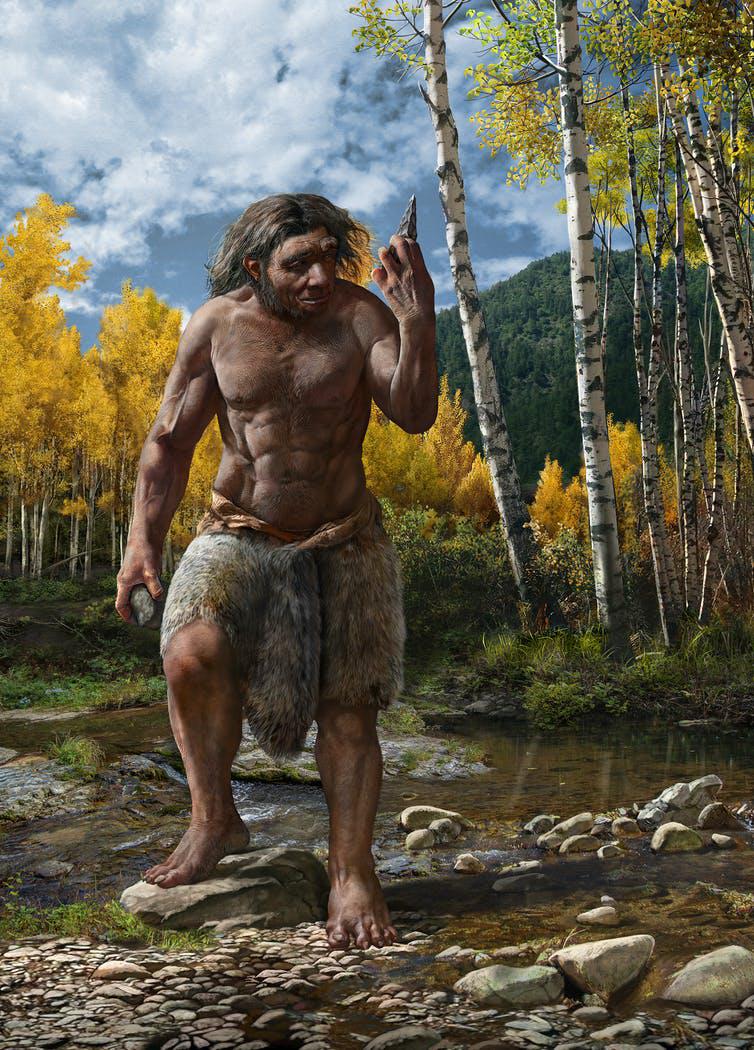evolution
These landscapes — of geographical differences in head shapes — have vanished from acceptable science (and cartography).
Plato and Carl Sagan were wrong about the human brain, says a top neuroscientist.
▸
7 min
—
with
Ancient societies revered dreams. Modern science tells us why.
▸
5 min
—
with
What beavers and earthworms can teach us about working with, not against, Mother Nature.
▸
6 min
—
with
Find food, have sex, not die. That’s pretty much all we need to do — but why do we make it so complicated?
▸
7 min
—
with
We are ~99% genetically identical to chimpanzees. But there are three key traits that separate us.
▸
6 min
—
with
There might be a hard limit to our knowledge of the Universe.
Yet another ocean monster has been discovered.
A recent study sheds light on the evolutionary history of rhinoceroses and their remarkably low levels of genetic diversity.
Sometimes, new combinations of preexisting things revolutionize life.
The brain of an ancient bird offers clues to the survival of its modern-day relatives.
Eight-eyed arachnids can tell when an object’s movement is not quite right.
When facing a predator, single cells sometimes unite to defend themselves, paving the way for more complex multicellular life forms to evolve.
Evolutionary success is not about the number of one’s children, but one’s grandchildren: the children need to survive and pass on their genes.
In 1933, the skull of a 50-year-old male of the Homo longi species was found in China, puzzling researchers.
The Younger Dryas impact hypothesis argues that a comet strike caused major changes to climate and human cultures on Earth about 13,000 years ago.
How do archaeologists know if someone was buried intentionally tens of thousands of years ago?
Scientists discover what our human ancestors were making inside the Wonderwerk Cave in South Africa 1.8 million years ago.
For every good idea in evolution, there is an unintended consequence. Disease is often one of them.
The answer seems to be a series of evolutionary trade-offs that help protect organs in women, according to a recent study.
The size of rabbits and hares has long been evolutionarily constrained by competitors roughly their size.
The ‘Monkeydactyl’ was a flying reptile that evolved highly specialized adaptations in the Mesozoic Era.
A recent study analyzed the skulls of early Homo species to learn more about the evolution of primate brains.
The lush biodiversity of South America’s rainforests is rooted in one of the most cataclysmic events that ever struck Earth.
Snakes and mammals share common genetic building blocks necessary for producing venom.
Biologists use commonly-found insects that engage in cannibalism to prove a key evolutionary concept.
“Don’t tread on me” is a slogan of the deep sea, too.
555-million-year-old oceanic creatures share genes with today’s humans, finds a new study.
Research reveals a new evolutionary feature that separates humans from other primates.
One million year old mammoth DNA more than doubles the previous record and suggests that even older genomes could be found.
